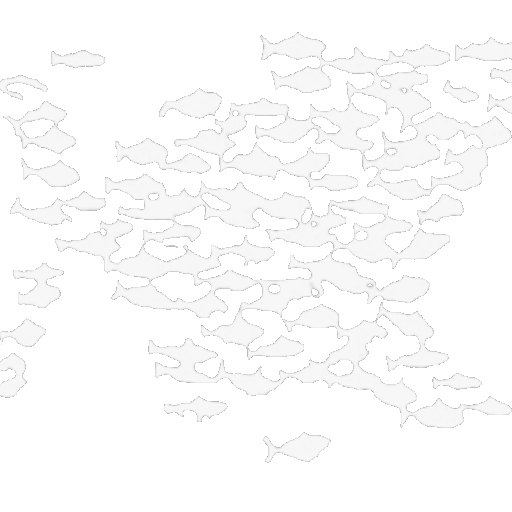Breaking down hierarchies
More actions
Informal hierarchies
Even when a group has decided to set up as a non-hierarchical organisation in which you are all equal, you will need to work at making that a reality. In any group of people there will be differences of personality and confidence, of knowledge and experience and different levels of emotional, physical or financial investment in the project.
In themselves, these differences are not a problem, they can be what makes working together rewarding and interesting. However, you need to be aware that participating in decision-making will be easier for some people than others, and that for each person this can vary from topic to topic.
This can lead to informal hierarchies, where people with more confidence, experience or skills have a larger share of power within the co-op. For example, if only one person understands the co-op’s finances they will inevitably have more influence over a lot of decisions than other co-op members.
Avoiding or breaking down informal hierarchies needs active engagement from all members of the co-op. It requires honesty about where there are differences in confidence, skills and experience and a willingness of all members to learn and share knowledge.
Different levels of confidence
While some people are used to expressing their opinions and making their voice heard, other people may struggle with identifying their own needs and asking others to meet them. Differences can have their roots in things like age, race, class, gender and health or they may stem from other elements of life-experience. They often involve assumptions and habits that are so ingrained people don’t know they are there, so be prepared for change being a long, slow process.
However, there are some practical things you can do to help equalise people’s confidence within your co-op. Set up your meetings so that everyone gets the same chances to speak, using strong facilitation and tools like go-rounds (going round the table giving each person a chance to speak) to make it easier to participate. Be proactive about checking that the way things are organised works for everyone, especially for the people who find it harder to assert themselves. Watch your own behaviour for signs of dominance or deference and work out how you can change this. If necessary, discuss the problem the way you might in another conflict situation, trying to talk as concretely as possible about the behaviour you observe and your own feelings, but avoiding blame and accusations.
Valuing different skills
In any given co-op there are people coming from very different backgrounds and with different sets of skills. Even with a belief in human equality, people can perceive certain skills as being more prestigious or useful than others. For example, someone with a background in formal education might feel more confident to take on ‘responsible’ tasks like business planning or speaking to official outsiders, even though they may be no more capable than anyone else. This person may then find themselves regarded as more important to the co-op or more influential than other members.
Everyone must make an effort to avoid creating and enforcing such beliefs and the hierarchical systems they in turn produce.
Differences in experience in the co-op
People who have been involved longer in the co-op or who have specialist experience may automatically be seen as experts and it may be hard for other members to express different views. Co-op members shouldn’t be tempted to automatically look to the person ‘in-the-know’ for answers, but all try to understand the issue. The member in the know needs to be willing to share knowledge, perhaps giving a presentation or talking people through a particular document. Members not in the know need to try and understand pro-actively, ask questions and think issues through for themselves. This may be hard work and take longer, but is the only way to avoid informal hierarchy.
Another common issue is new members coming up with ideas and older members responding with ‘Oh, we tried that before and it didn’t work’. Co-ops need to find a balance between learning from past experience and being open to change and new ideas. It may be useful for older members to set aside their scepticism and to support the enthusiasm and ideas that new members can bring to the co-op, and older members can also bring lessons from the past attempts. It requires understanding and appreciation from new members that older members have put a lot of work and thought into the co-op and that some ways of working probably developed for good reasons.
More experienced members can support others with particular tasks for a while, but at a certain stage need to step back and leave space for people to do things unsupervised. This can feel challenging, but ultimately helps everyone to feel more trusted and so more motivated to do their part.
